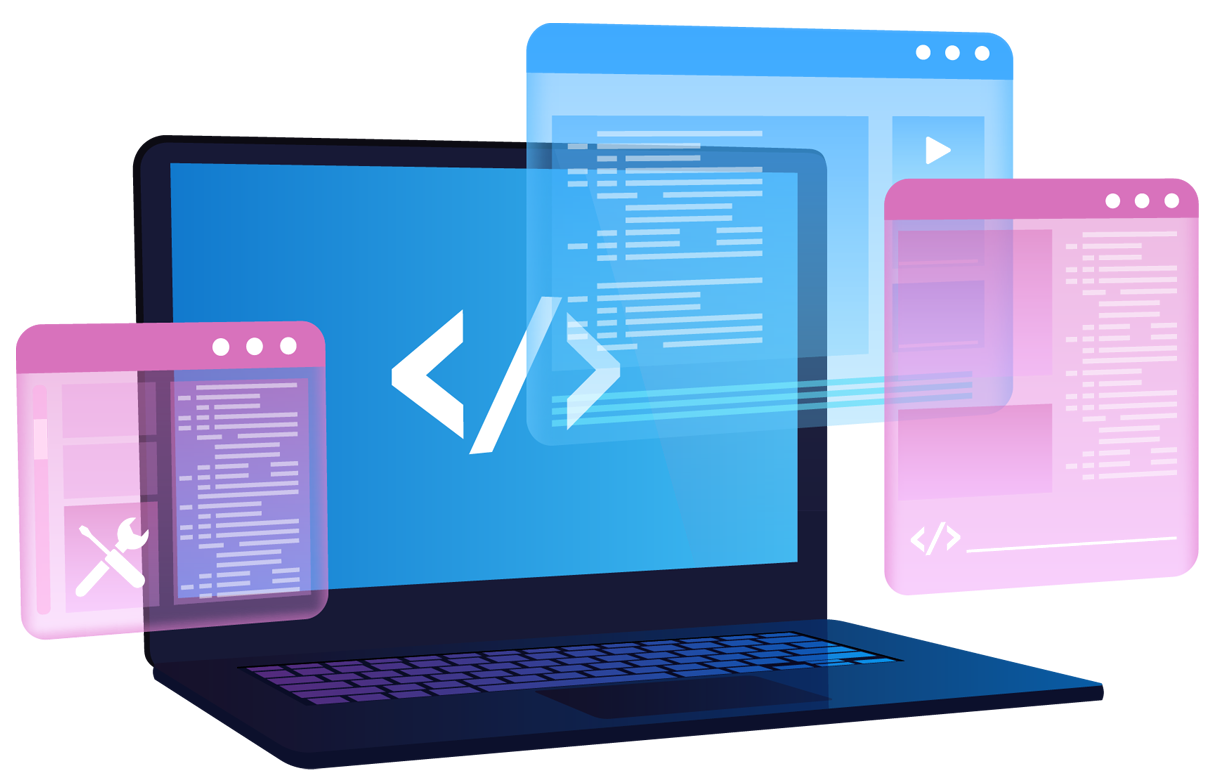- Home
- What we do
- Services
- Digital Engineering
DIGITAL ENGINEERING
Driving operational efficiency and patient care with Digital Engineering

DIGITAL ENGINEERING
Connecting care with product engineering, smart automation, IoT, and RPA
Digital Engineering drives Healthcare forward by integrating advanced technologies that improve patient care and operational efficiencies. CitiusTech leads this transformation with tailored Digital Engineering services that cater to diverse Healthcare needs.
NEWS
CitiusTech named a leader and a star performer in Everest Group’s Payer Digital Services PEAK Matrix® Assessment 2023
NEWS
Is Devin coming for an engineer's job? New AI software engineer can write, debug and deploy code
PODCAST
Balancing Efficiency and Creativity: AI's Influence on Healthcare Product Innovation
WHY CITIUSTECH
Leading the charge in digital health transformation
40% Increase in operational efficiency
Improving patient care through innovation
Custom innovative
solutions
Expert
teams
Global
reach
Trusted by industry
leaders
VERTICAL CAPABILITIES
Enhancing Healthcare delivery with Digital Engineering

Payers
Enhance operations and member engagement with secure, scalable products, applications, and platforms.

Providers
Streamline clinical workflows and improve patient care with integrated solutions.

MedTech
Implement robust software that drives the functionality and connectivity of medical devices.

Life Sciences
Accelerate research and ensure regulatory compliance with advanced data analysis tools.
CONNECT WITH US
Access technologies that boost patient care and enhance operational efficiency
.webp?width=260&height=250&name=Data%20Engineering%20%26%20Data%20on%20Cloud%20(1).webp)
SUCCESS STORIES
Solving some of the greatest challenges in Healthcare
.png?width=270&height=320&name=white-bg-image%20(2).png)
Case Study
.png?width=270&height=320&name=white-bg-image%20(2).png)
Case Study
.png?width=270&height=320&name=white-bg-image%20(2).png)
Case Study
SERVICES
Shaping Healthcare Possibilities with intelligent technology solutions
Harness deep domain expertise and customized digital solutions to craft a seamless and integrated Healthcare experience. With CitiusTech, you can bridge the gap between Healthcare and technology, fostering a healthier future.






.png?width=1920&height=1080&name=Consulting2_Menu_1%20(1).png)






















